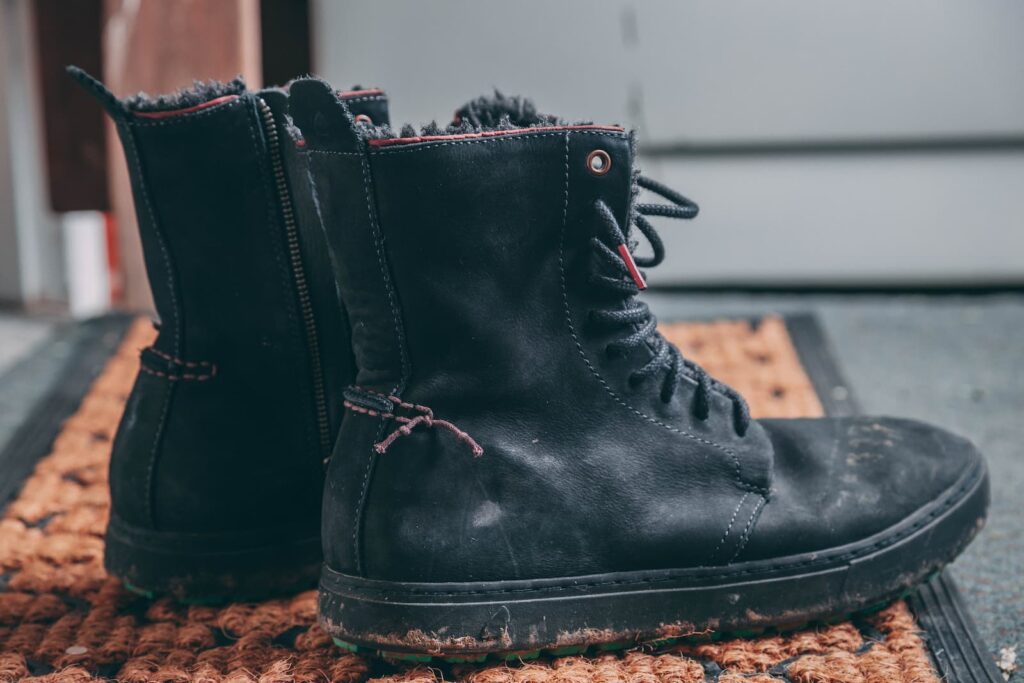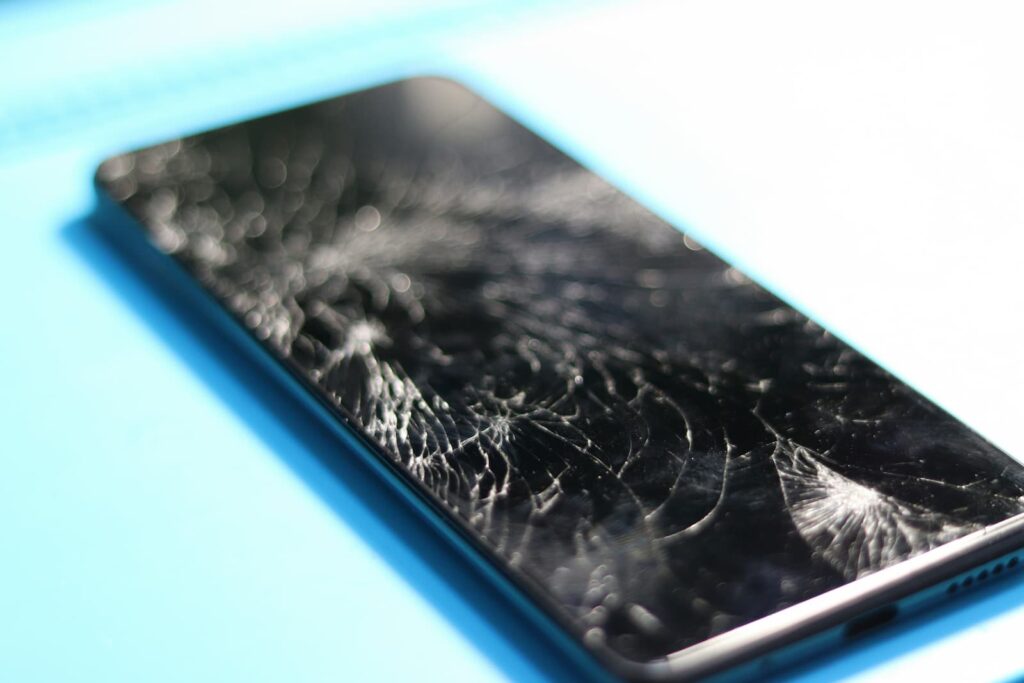
"Its" and "It's": Explaining the Difference

In our post on "they're," "their" and "there," we learned that some similarities between words can be ignored when speaking but not when writing. This time, we'll look at a similar set of confusing words — but what separates this pair is punctuation, not spelling.
The confusion caused by it's and its even affects native English speakers, so it's natural for students learning a second or third language to struggle with it too.
But although this error is simple to make, it's also simple to fix, so let's look at both words and the correct ways to use them.
The Importance of Apostrophes

Apostrophes generally serve two functions:
1. To indicate possession
Those are Jeff's boots.
[= The boots belong to Jeff.]
2. To indicate that a letter or letters have been omitted
She's my childhood friend.
[= She is my childhood friend.]
We can't go to today's meeting.
[= We can not go to today's meeting.]
However, when it comes to it's and its, things are a bit different.
The Difference Between Its and It’s
One reason it's easy to confuse these two words is because they break one of the rules mentioned above.
Its

Unlike what we covered earlier, its (no apostrophe) indicates possession or relation. However, it's generally used for non-living things.
When Phil dropped his phone, its screen broke into many small pieces.
[= the phone's screen]
The university held a celebration for its 100th anniversary.
[= the university's anniversary ]
Students should know, however, that a big exception is for children or animals whose sex is unknown.
The baby cried out for its mother.
[= the baby's mother]
The bird flew back to its nest with food for its babies.
[= the bird's nest and babies]
It’s

It's is simply a shorter version of "it is."
It's 5 o'clock.
[= It is 5 o'clock.]
The news said it's going to snow today.
[= it is going to snow]
It's can also be a contraction of "it has."
It's been five years since we last met.
[= it has been]
Wrap-up
When writing in English, it's important for students to take extra care when they want to use either its or it's.
Unlike the normal usage, an apostrophe in this case doesn't indicate possession; it's simply a shorter form of "it is." Once they can remember that, knowing how to use its properly should be easier for them.
